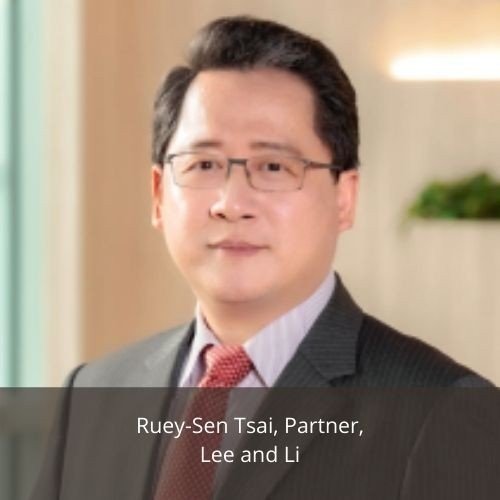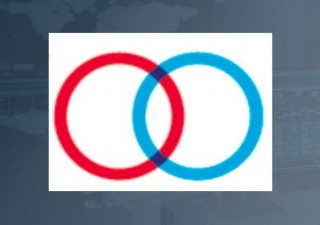The Ministry’s statement that “the scope of the sectors targeted has also been widened from the integrated circuit sector to any specialist technology” is not really correct, Tsai says. “Actually the ‘specialist technology’ has been stipulated in and governed by both of the Regulations Governing Approval for Investment or Technical Cooperation in the Mainland Area and the Examination Guidelines for Investment or Technical Cooperation in the Mainland Area. During the previous discussions, it is an issue whether or not ‘integrated circuit layouts’ should be specifically stipulated as an item in both of the two regulations. After several discussions, the major opinions hold that ‘integrated circuit layouts’ may be defined as an item of the ‘specialist technology.’ The scope of the Regulations Governing Approval for Investment or Technical Cooperation in the Mainland Area and the Examination Guidelines for Investment or Technical Cooperation in the Mainland Area actually covers specialist technologies, patents, trademarks and copyright. The term of specialist technology does not mean anything ‘high-tech’ but should include ‘integrated circuit layouts’ and trade secrets according to the prevailing practice.”
Cross-straits relations are likely going to become tense as China might try to retaliate by limiting imports from and exports to Taiwan – and we are not only talking about intangibles.
Take Australia, for example: China has recently banned lobsters coming from there after recently accounting for 94 percent of Australian rock lobster exports worth A$752 million (US$575 million) in 2018-19, according to Bloomberg.
Fortunately, it is not the end of the world for local fishermen, as Australian consumers queued up for the lobsters and other crustaceans in huge numbers. “We’re hearing from retailers and producers right across the country that they’re up, on average, 30 percent from last year’s December sales,” Veronica Papacosta, chief executive officer of Seafood Industry Australia told ABC News in Australia last December.
So, on the surface, commercial trade in high-tech products between China and Taiwan might become more time- and money-consuming, and the number of relevant investments made is likely to drop. But who knows – when one door closes, another might well open, as it did for lobstermen in Australia.
Johnny Chan








